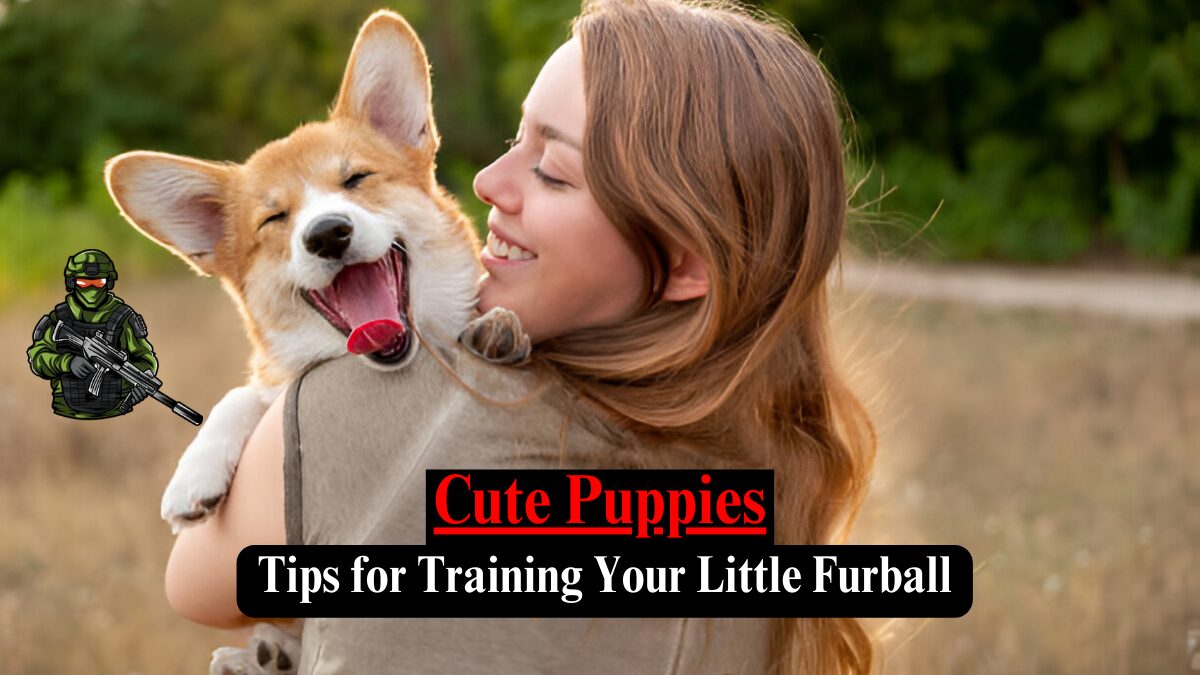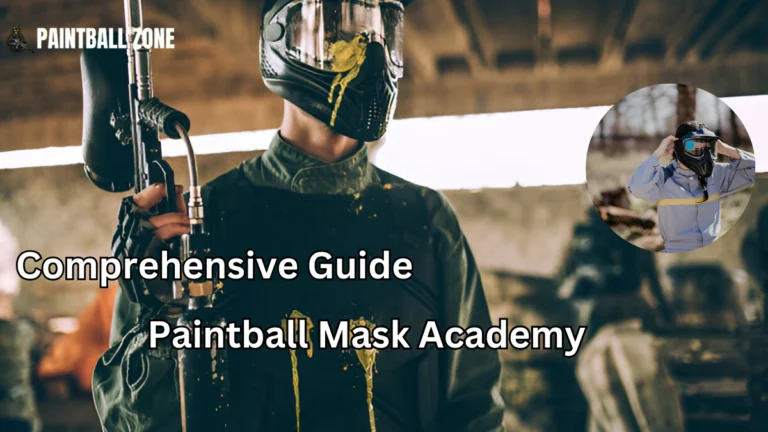Cute Puppies: Tips for Training Your Little Furball
Training cute puppies can be both exciting and challenging. As a new pet parent, watching your furry friend learn and grow is one of life’s greatest joys. Let’s dive into everything you need to know about raising a well-behaved pup.
Getting Started with Your New Puppy
Bringing home a new puppy is like welcoming a baby into your family. Those first few weeks are crucial for setting the foundation for good behavior. Remember, your puppy is just learning about the world, and everything is new and exciting to them.
Creating a Safe Space from Cute Puppies
Before your cute puppies arrive home, prepare a designated area where they can feel secure. This might include:
- A cozy crate or bed
- Puppy-safe toys
- Food and water bowls
- Pee pads for initial house training
Establishing a Routine for Cute Puppies
Just like children, puppies thrive on consistency. Set regular times for:
- Feeding
- Potty breaks
- Play sessions
- Training exercises
- Sleep
Essential Training Basics of Puppies
House Training Your Puppy
One of the first challenges you’ll face is house training. Success relies on patience and positive reinforcement. Take your puppy out:
- First thing in the morning
- After meals
- Before bedtime
- Every 2-3 hours during the day
Teaching Basic Commands for Cute Puppies
Start with simple commands like “sit,” “stay,” and “come.” Keep training sessions short and fun – remember, cute puppies have short attention spans! Use treats and praise to reward good behavior.
Socialization: Key to a Well-Adjusted Dog
Meeting New Friends of Cute Puppies
Exposing your puppy to different people, animals, and environments during their first few months is crucial. This helps prevent fear and anxiety later in life.
Handling Different Situations
Gradually introduce your puppy to:
- Different sounds and noises
- Various surfaces and textures
- New environments
- Different types of people
- Other animals
Common Behavioral Issues and Solutions of Cute Puppies
Biting and Nipping
It’s natural for puppies to explore with their mouths, but teaching bite inhibition is important. When your puppy bites too hard:
- Make a high-pitched yelp
- Stop playing immediately
- Redirect their attention to a toy
Separation Anxiety
Help your puppy feel comfortable when alone by:
- Starting with short absences
- Providing engaging toys
- Creating a calm departure routine
- Using positive reinforcement
The Power of Positive Reinforcement for Cute Puppies
Training should always be a positive experience. When working with cute puppies, remember:
- Reward good behavior immediately
- Use high-value treats
- Keep training sessions short and fun
- Never punish or scold
Maintaining Health During Training of Cute Puppies
Exercise Needs
Different breeds have different exercise requirements. Ensure your puppy gets:
- Age-appropriate exercise
- Mental stimulation
- Playtime with other dogs
- Regular walks
Nutrition and Training of Cute Puppies
A well-fed puppy is more likely to focus during training. Make sure to:
- Feed high-quality puppy food
- Use healthy treats for training
- Maintain regular feeding schedules
- Provide fresh water always
Conclusion
Training cute puppies requires patience, consistency, and lots of love. Remember that every puppy learns at their own pace, and celebrating small victories is important. With time and dedication, your furball will grow into a well-mannered adult dog who brings joy to everyone around them.
FAQs
When should I start training my puppy?
Start basic training as soon as you bring your puppy home, usually around 8 weeks old. Keep sessions short and fun.
How long should training sessions be?
For young puppies, keep training sessions to 5-10 minutes, several times a day. They have short attention spans.
What if my puppy isn’t food motivated?
Try different types of rewards like toys, praise, or play. Every puppy has different motivations.
How long does it take to house train a puppy?
Most puppies can be reliably house trained between 4-6 months of age, but some may take longer.
Should I take my puppy to training classes?
Yes! Puppy classes provide structured training and socialization opportunities. Start after your puppy has received necessary vaccinations.
What are signs that my puppy is stressed during training?
Watch for:
- Yawning
- Lip licking
- Avoiding eye contact
- Tail tucking
- Whining or barking
How do I stop my puppy from jumping on people?
Teach alternative behaviors like sitting for attention, and only reward calm behavior. Consistency from all family members is key.





